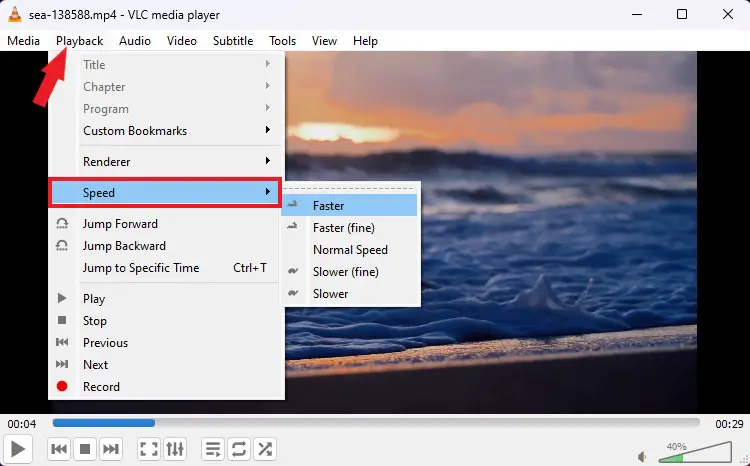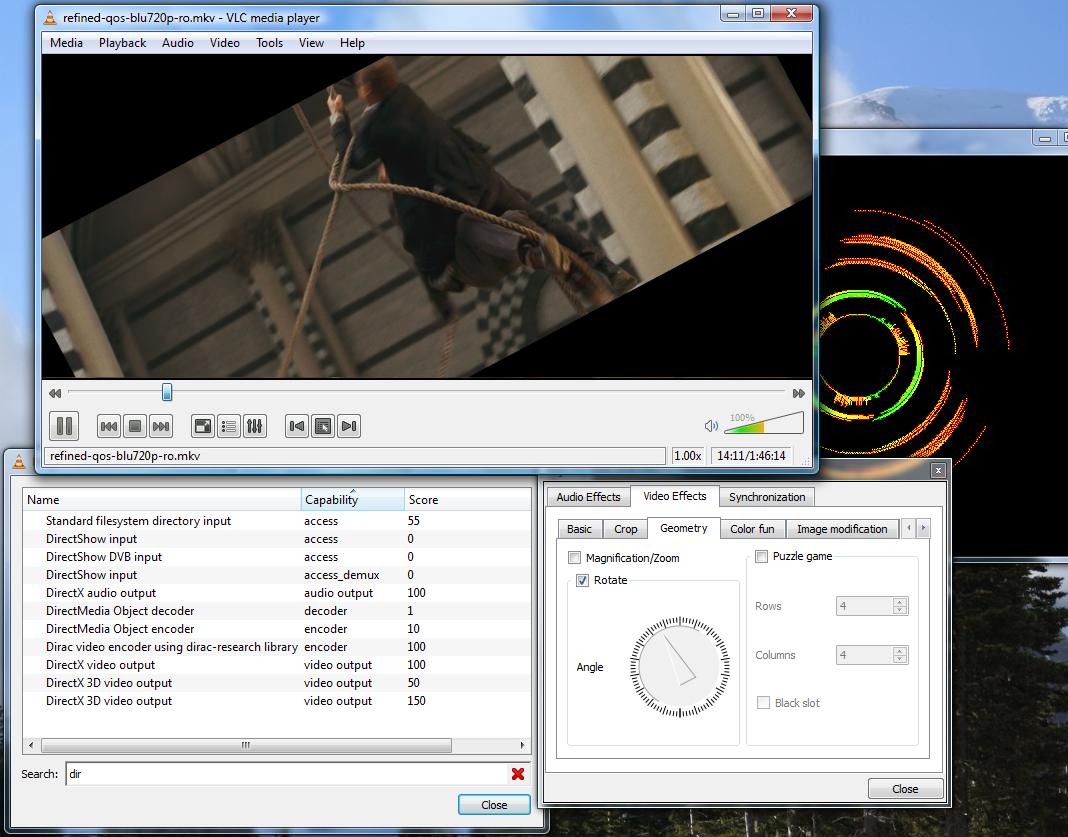

then you would have to ensure all those files can be read and executed by mere user.after unpacking you would have to run vlc-plugins-cache-generator so it would enumerate all the plugins and create the database of its classes and implementations.create a folder where you would unpack the whole VLC to.take the zip (not exe) distro of the VLC (win32 or win64 - should be the same as your program platform).Granted, VLC being Linux-originating is not dependent upon Windows means of installing, so if that is okay for your goal, you can install VLC in VLC terms but avoid installing it in Windows terms. After all the years and with all the experience they had and gained. Can you use Direct X framework without installing Direct X ? Hardly so.Įven the AceStreamer project that aims to turn BitTorrent into p2p online video streaming platform and is being coding it for few years already they still did not "copied few libraries" from VLC but rather modified its soures and made their own build of VLC player to use with their P2P-to-streaming proxy daemon. VLC is in the same league like GStreamer or Direct X ( the DirectShow/DirectMedia subpart of it ). If you are starting VLC for the first time, you would need to Press Continue on Privacy and Network Access Policy.VLC is a complex framework of different classes plugins and the database of those plugins, and the dispatcher to build the interconnected network of those plugins for every particular task like converting or playing a given source. Note: By default, root user is not allowed to run VLC Media Player ( But you can still enable root user to run VLC Media Player).

( Activities > Search VLC) Install VLC Media Player on Fedora 27 – Start VLC

So, use below commands to set it up on your system for installing VLC. VLC is available on RPM Fusion repository. Open a Terminal ( Activities > Search for Terminal). Here is the tutorial about installing VLC Media Player 3.0 on Fedora 27 and Fedora 26. VLC has support for on-the-fly transcoding of audio and video formats, either for broadcasting purposes or movie format transformations. VLC can also be used as a streaming server that duplicates the stream it reads and multicasts them through the network to other clients, or serves them through HTTP. It plays MPEG, MPEG-2, MPEG-4, DivX, MOV, WMV, QuickTime, WebM, FLAC, mp3, Ogg/Vorbis files, DVDs, CDs, podcasts, and multimedia streams from various network sources. VLC is the VideoLAN project’s media player.


 0 kommentar(er)
0 kommentar(er)
